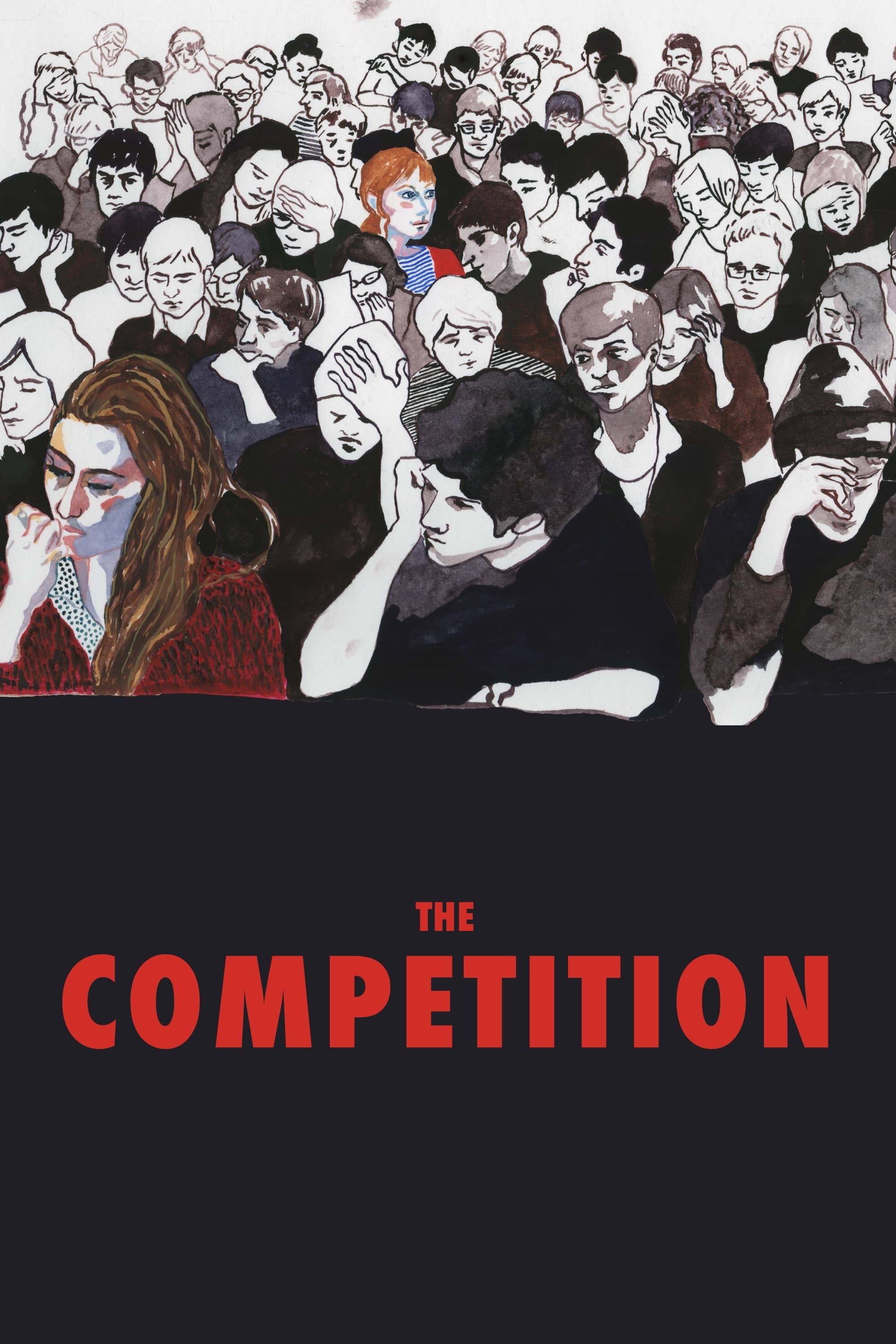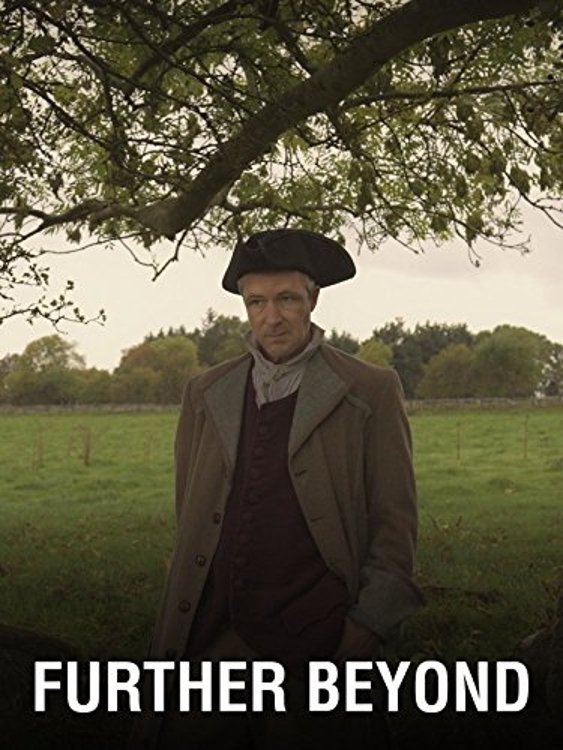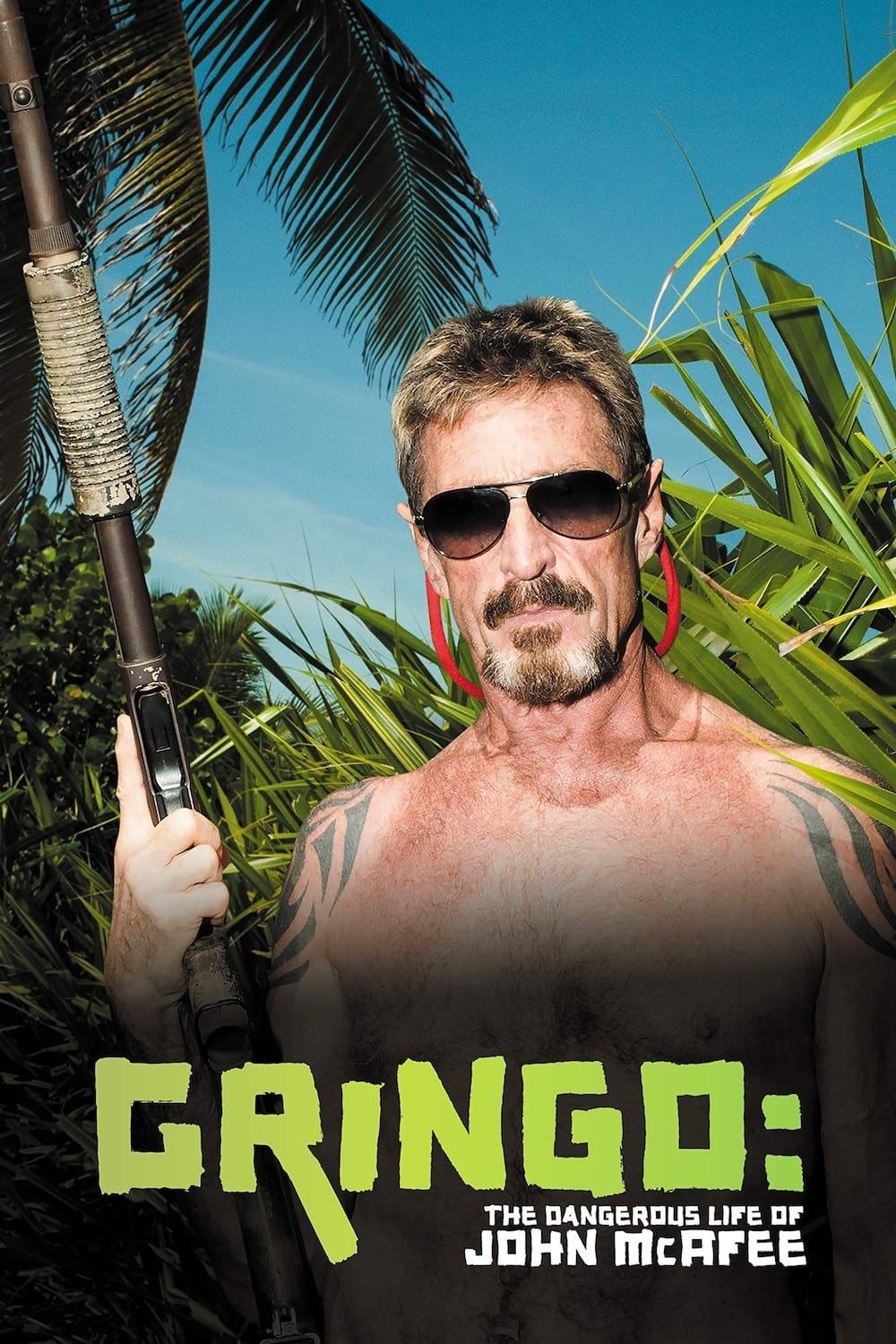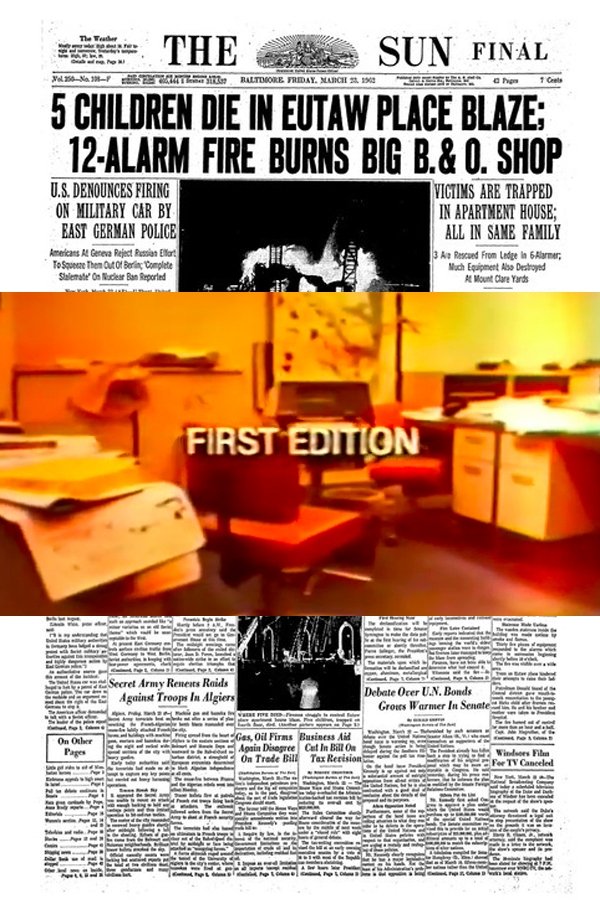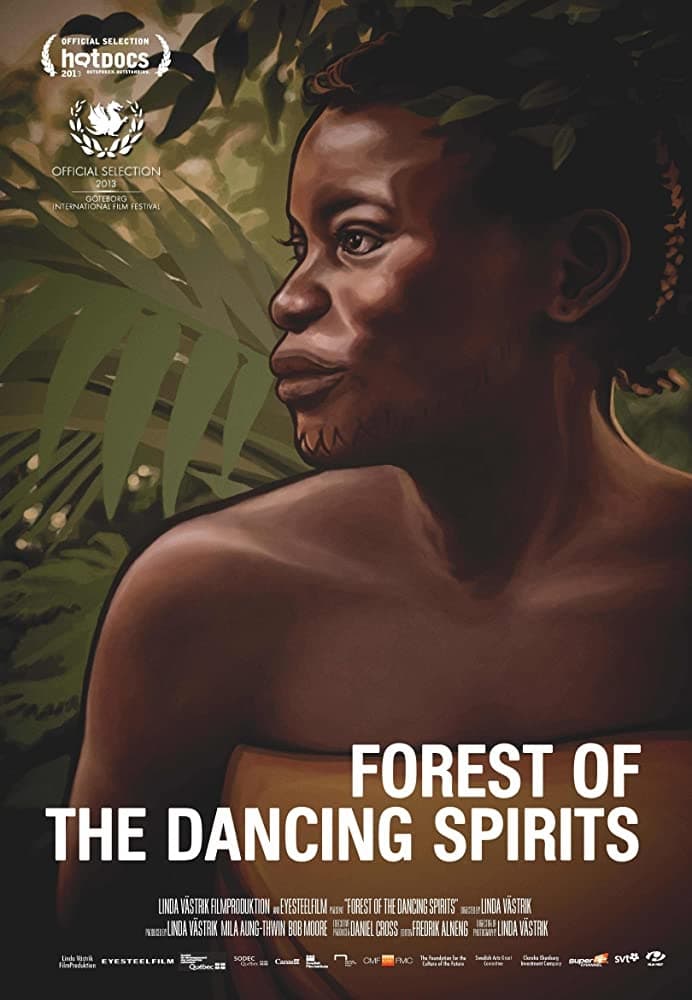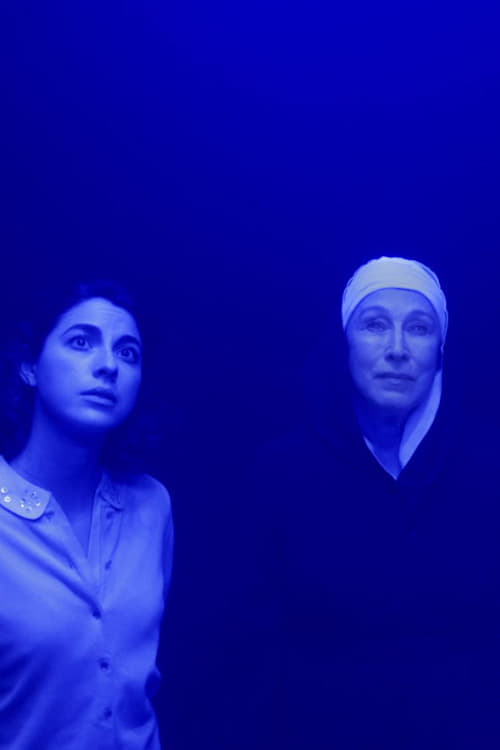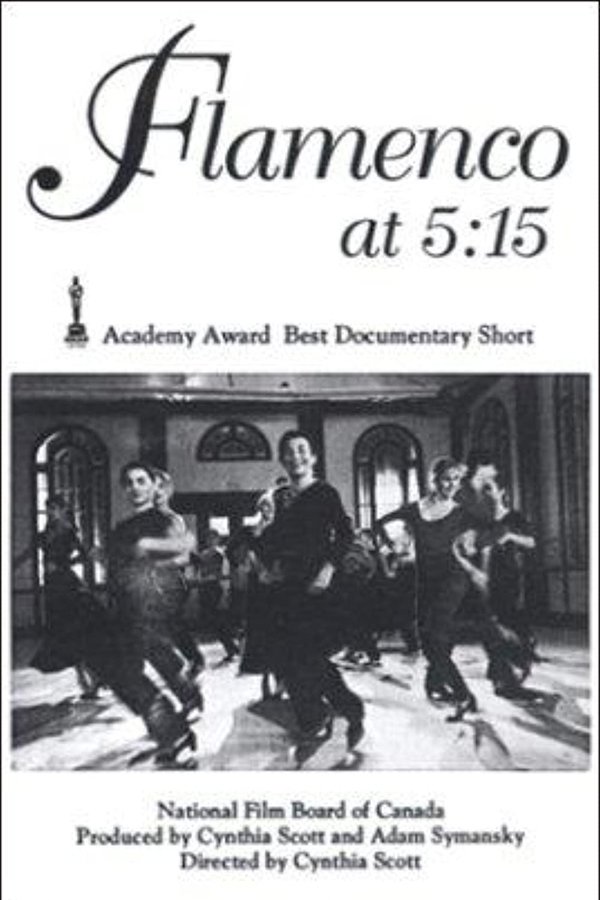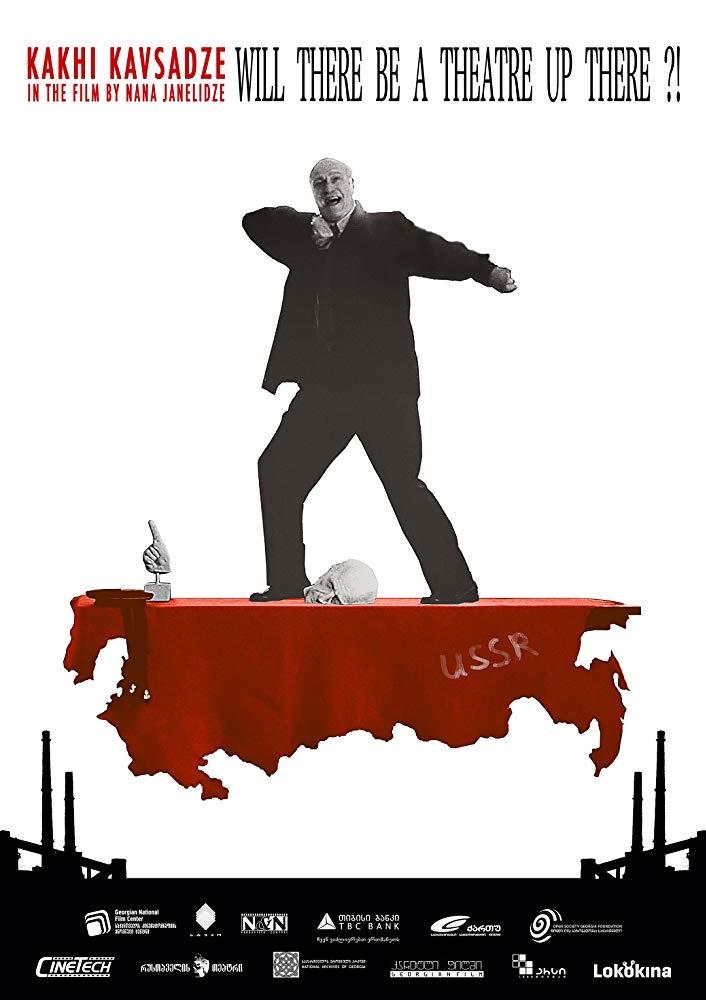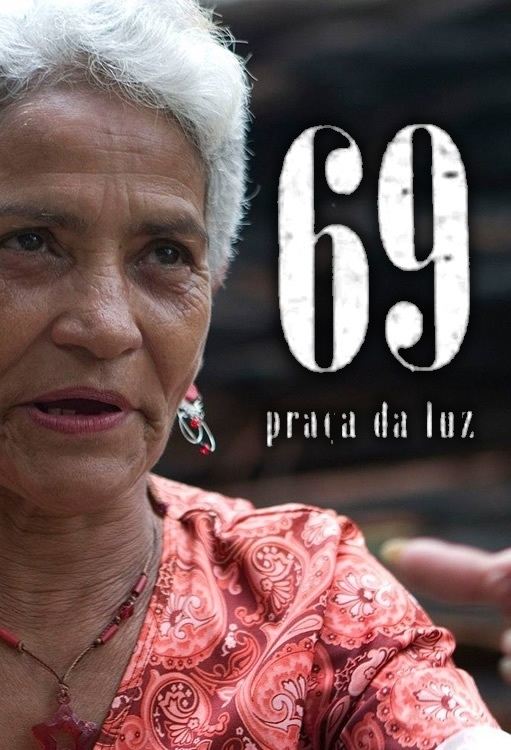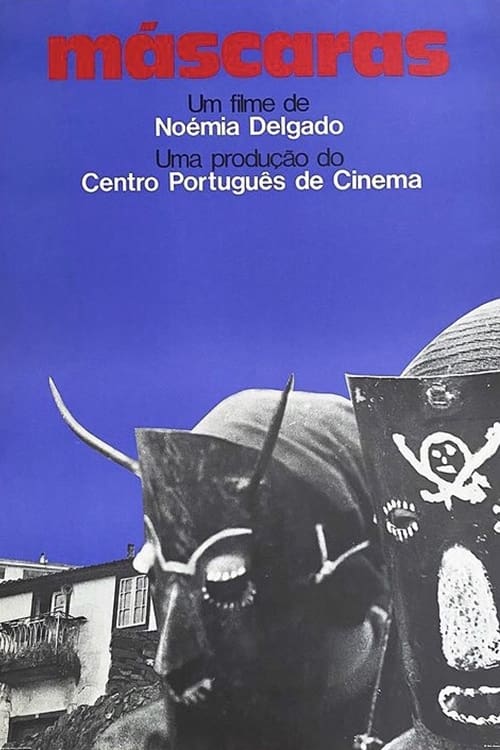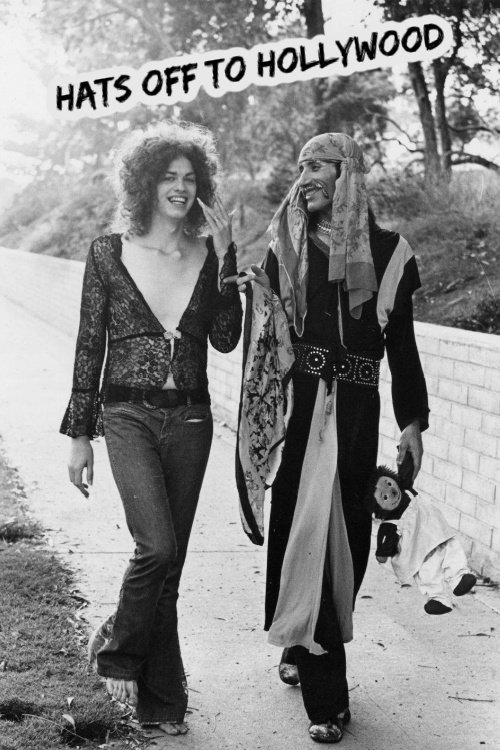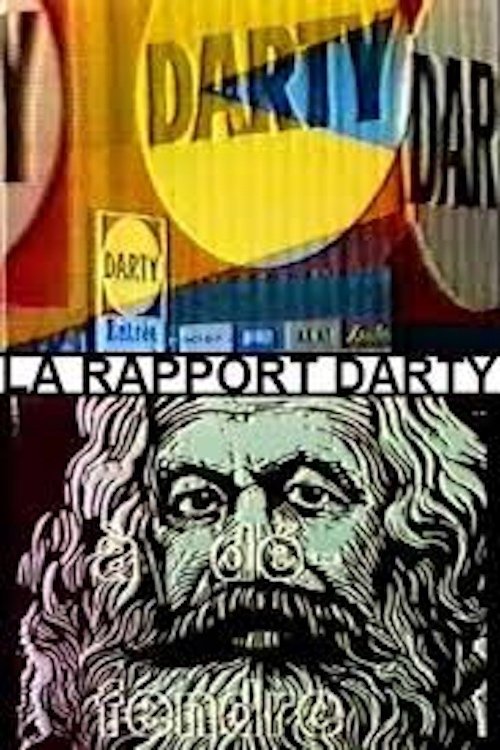
The Darty Report (1989)
Overview
A daring deconstruction of consumerist behavior featuring a robot and Miss Clio Darty, with a voiceover by Godard and Anne-Marie Miéville, this philosophical "report," like so many of Godard's commissions, was rejected by its funders.
Production Companies
Additional Info
| Budget | $0.00 |
|---|---|
| Revenue | $0.00 |
| Original Language | fr |
| Popularity | 0.088 |
Directed By
Jean-Luc Godard
Anne-Marie Miéville
TOP CAST

Anne-Marie Miéville
Mamzelle Clio

Jean-Luc Godard
Nathanael, the 2000 year-old robot
Similar Movies
Carlos de Oliveira: Upon the Left Side
Carlos Oliveira's literary universe is re-enacted in a studio using the writer’s personal objects and manuscripts, and with the help of Luis Miguel Cintra and Fernando Lopes. Shot with the purpose to document his work in the same way Carlos de Oliveira documented his hometown in Gândara, the film uses all the creative liberty that new digital technology allows in order to recreate the visual and sound records that were also present in the writer and poet’s own work.
Mayan Renaissance
Mayan Renaissance is a feature length film which documents the glory of the ancient Maya civilization, the Spanish conquest in 1519, 500 years of oppression, and the courageous fight of the Maya to reclaim their voice and determine their own future, in Guatemala and throughout Central America. The film stars 1992 Nobel Peace Laureate and Maya Leader Rigoberta Mencu Tum. All of the images, voices, expert commentary and music in the film come directly from Central America, the heart of the Mayan World.
Luz in Latin America
The inspiring account on international bodyboarding star Luz 'Loly' Grande - a young woman on a personal mission to make bodyboarding a means to improve the lives of disadvantaged children in Puerto Rico, Argentina, Brazil, and Peru.
The Competition
An all-access tour behind the scenes at France’s premiere film school, La Fémis. Showing us how successful candidates get to follow in the footsteps of such luminaries as Louis Malle, François Ozon and Alain Resnais, all of whom attended this prestigious institution. Stumbling over their words, the often-nervous candidates seem vulnerable when confronted with the veterans of the industry, who have the difficult task of discovering true talent among all these eager young people.
Letters from Baghdad
Gertrude Bell, the most powerful woman in the British Empire in her day, shaped the destiny of Iraq after WWI in ways that still reverberate today.
Further Beyond
In their debut documentary Christine Molloy and Joe Lawlor take as their point of departure the compelling 18th Century figure, Ambrose O'Higgins, and attempt to retrace his remarkable journey from Ireland to Chile.
The Fountain
A filmmaker makes a film about a young woman who baths in a public fountain, casting herself in the role.
Gringo: The Dangerous Life of John McAfee
The strange story of John McAfee, who went from millionaire software mogul to yogi, Kurtz-like jungle recluse to potential murderer, and most recently a prospective presidential candidate for the American Libertarian Party.
First Edition
First Edition is a 1977 American short documentary film about the Baltimore Sun directed by Helen Whitney. It was nominated for an Academy Award for Best Documentary Short.
Forest of the Dancing Spirits
“In the beginning, women lived apart, unaware of the existence of men. Until one day, when the first woman, Toli, who was brave and adventurous traveled deep into the forest. Toli discovered solitary creatures with big muscles who knew how to climb trees and harvest wild honey. When Toli tasted their honey, she thought they should all live together….” That is how one of the creation stories of the Aka people from the tropical rainforest of the Congo Basin goes. Akaya, Kengole, Dibota and their friends and family are hunters-gatherers (and also great story-tellers) who guide us through their world. They explain their origins, myths, and the very spiritual meaning of life.
Olympia: Part One – Festival of the Nations
Commissioned to make a propaganda film about the 1936 Olympic Games in Germany, director Leni Riefenstahl created a celebration of the human form. This first half of her two-part film opens with a renowned introduction that compares modern Olympians to classical Greek heroes, then goes on to provide thrilling in-the-moment coverage of some of the games' most celebrated moments, including African-American athlete Jesse Owens winning a then-unprecedented four gold medals.
Olympia: Part Two – Festival of Beauty
Commissioned to make a propaganda film about the 1936 Olympic Games in Germany, director Leni Riefenstahl created a celebration of the human form. Where the two-part epic's first half, Festival of the Nations, focused on the international aspects of the 1936 Olympic Games held in Berlin, part two, The Festival of Beauty, concentrates on individual athletes such as equestrians, gymnasts, and swimmers, climaxing with American Glenn Morris' performance in the decathalon and the games' majestic closing ceremonies.
Lorraine Pintal - So The Light Never Dies
Directed by Ariane Louis-Seize, this tribute film was created as a gift for Lorraine Pintal, director of Montreal’s Théâtre du Nouveau Monde. Featuring some of the most memorable characters and performers of Pintal’s career, the film’s succession of surreal scenes from different dramatic worlds introduces viewers to the exceptional woman of theatre, stage director, and friend whom they consider to be the “ghost light” of Quebec theatre.
To Live or Let Die
To Live or Let Die is a 1982 American short documentary film directed by Terry Sanders, about the neonatal I.C.U. of the Children's Hospital in Los Angeles, where life and death decisions must be made while ethical dilemmas are also posed by new technologies.. It was nominated for an Academy Award for Best Documentary Short.
Flamenco at 5:15
In this Oscar Winning documentary short film, students in their final year at the National Ballet School of Canada are seen learning the flamenco from Susana and Antonio Robledo, who come to the school every winter to conduct classes which are held after the day's regular schedule has ended.
My Love Awaits Me By the Sea
Hasan Hourani, a Palestinian poet and illustrator, died aged 29 in Jaffa while trying to rescue his nephew from the sea. Shortly after, the filmmaker Mais Darwazah discovers his drawings and poems and feels drawn to Hourani's world— a universe outside space and time; a place of wonder, discovery, and freedom. Motivated by this kinship, Darwazah embarks on a journey to her homeland, Palestine: a place she has never known.
Will There Be a Theatre Up There?!
The main character of this documentary is one of Georgia's most popular actors, Kakhi Kavsadze, who walks us through this chronicle of the Kavsadzes, a family of famous Georgian folk singers and actors.
69 - Praça da Luz
Prostitutes of old age make their living in Praça da Luz, in São Paulo. Unusual and surprising accounts of five women who reveal in detail their experiences in all these years of profession.
Masks
The film sought to portray a relatively unknown and isolated rural world and, through a highly politicized discourse, affirmed the genuineness of “folk culture.” Representative of the new documentary film movement that developed in Portugal after the revolution, the movie encouraged the local retrieval of the Caretos tradition. A ritual that seemed to be doomed by the conjoined impact of emigration, the colonial war and the crisis of agriculture was thus brought back to life. - Paulo Raposo
Hats Off to Hollywood
Picking up the story first presented in I Don’t Know (1970), Hats Off to Hollywood (1972) brazenly and brilliantly mixes documentary reality with fully staged recreations/reimaginings of episodes in the lives of Jennifer and Dana, a loving, bickering couple who challenge the notion of homonormativity. Drugs, poverty, disease, bigotry and prostitution all figure into this disarmingly candid and often hilarious film, a remarkable work that is the apotheosis of director Spheeris’ early work, and a luminous signpost leading directly to The Decline of Western Civilization (1979-1997). Preserved by the Academy Film Archive in 2012.
